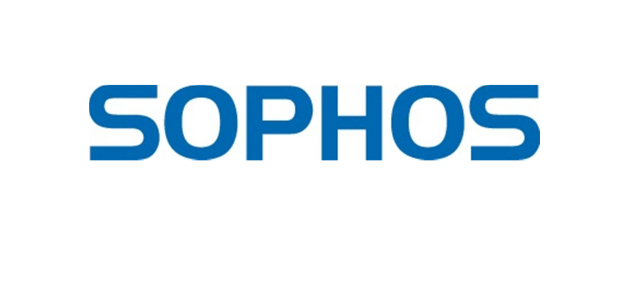Sophos acquired Rook Security, a pioneer and leader in managed detection and response (MDR) services. Rook Security provides a 24/7 team of cyberthreat hunters and incident response experts who monitor, hunt for, analyze and respond to security incidents for businesses of all sizes. The privately-owned company was founded in 2008 and is headquartered in Indianapolis, Ind.
Sophos is creating re-sellable MDR services by combining Rook Security’s threat detection, investigation and response capabilities with its recently acquired DarkBytes technology platform. As a channel-first, channel-best security provider, Sophos will deliver the new MDR services through its network of approximately 47,000 channel partners worldwide.
“Cybercriminals
are relentlessly trying to exploit organizations with techniques ranging from
tried-and-true phishing emails to the more recent trend of ‘hacker pen-testing’
to find weaknesses in their surface area. As a result, businesses need 24/7 monitoring
and management of what is happening on their network, yet many of them do not
have the expertise, can’t keep up or don’t have the security teams in-house to optimally
configure and manage security around-the-clock,” said Joe Levy, chief technology
officer at Sophos. “With MDR, Sophos’ channel partners will be able to provide
businesses of all sizes with expert services that continuously detect, hunt for
and respond to security incidents.”
In addition, Sophos plans to align its synchronized security technology and
product portfolio with Rook Security’s 24/7 services for MDR customers. Rook
Security experts will also be able to review these customer security postures
to ensure optimal policy configurations for Sophos products across estates.
“Rook Security provides managed detection and response
services to detect and eliminate cyber threats. Through threat hunting and data
analytics, Rook Security’s experts rapidly detect and mitigate active attacks,”
said J.J. Thompson, founder and CEO, Rook Security. “We are excited to bring
our experts and service delivery innovation to Sophos, a global leader in
next-generation cybersecurity. Together, we can implement faster, more
effective threat detection and response capabilities to better protect
businesses.”
Sophos is releasing no further details at this time.












































































































